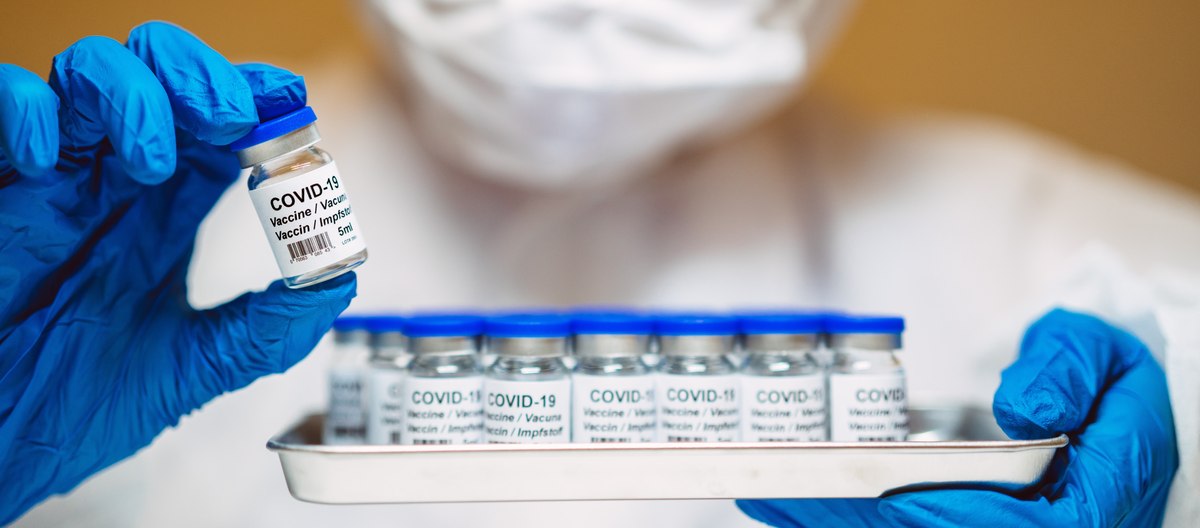For the first time since the Economist/YouGov Poll began asking in the summer whether or not they will get vaccinated against COVID-19 once a vaccine became available, half of Americans say they will. This is twice as many as those who reject vaccination, and includes a plurality of Republicans, who on occasion have been particularly resistant to vaccination.
The most accepting group are those who may need the vaccine most – people 65 and older. By nearly four to one they say they will get the vaccine, their highest acceptance ever. But no age group this week rejects the vaccine. However, another group that has been severely impacted by the pandemic – African-Americans – aren’t so sure about the vaccine. As many say they won’t be vaccinated as say they will, but even more say they just don’t know what they would do.
The positive news about effectiveness and safety – now for three different vaccines – clearly matters to Americans. Three in four are now convinced that the vaccine will be available to the general public by next summer. There are still worries about a fast-tracked vaccine’s safety: just over half of those who say they will be vaccinated are somewhat concerned about its safety. Those who say they won’t be vaccinated are particularly worried: nearly two-thirds of them describe themselves as very concerned about the safety of potential vaccines.
Vaccines have not always provoked this sort of skepticism. In the first question asked about the Salk polio vaccine (by Gallup in 1954), 57% said they wanted their children to be vaccinated against polio. In 2009, 93% of the public in a Harvard School of Public Health survey believed childhood vaccinations against diseases like polio and measles, among others, were safe (59% described them as very safe).
As they did in 2009, most Americans accept vaccination in general.
Republicans are more likely to believe COVID-19/vaccine conspiracy theories
The survey put several vaccine theories to Americans. The idea that vaccines cause autism isn’t bought by 81% of Americans. Likewise, 87% say COVID-19 is not a hoax. However, fewer – 59% – reject the idea that the threat of coronavirus has been exaggerated for political reasons. These are much the same results as in March, at the start of the pandemic.
Belief in all three of conspiracy theories is higher among Republicans than Democrats, though the link to autism shows the smallest partisan difference. Believing any of these statements makes one less likely to be willing to get vaccinated. Only a third of those who believe the threat of coronavirus has been exaggerated say they will get vaccinated, just over one in five who say the coronavirus is a hoax will get vaccinated, and even fewer of those who believe vaccines cause autism would.
The role of politics in responses about vaccinations, as well as general coronavirus skepticism, have been important in how people view the pandemic. Three in ten Republicans (30%) but just 1% of Democrats believe it is safe to stop social distancing now. While eight in ten Democrats always wear a mask when they go out of their home, just half of Republicans do. While nearly half of Republicans worry about contracting COVID-19, that percentage is dwarfed by the 82% of Democrats who say that.
See the toplines and crosstabs from this week’s Economist/YouGov Poll
Methodology: The Economist survey was conducted by YouGov using a nationally representative sample of 1,500 registered voters interviewed online between November 21 - 24, 2020. This sample was weighted according to gender, age, race, and education based on the American Community Survey, conducted by the US Bureau of the Census, as well as 2018 registration status, geographic region, and news interest. Respondents were selected from YouGov’s opt-in panel to be representative of all US citizens. The margin of error is approximately 3.2% for the overall sample.
Image: Getty









